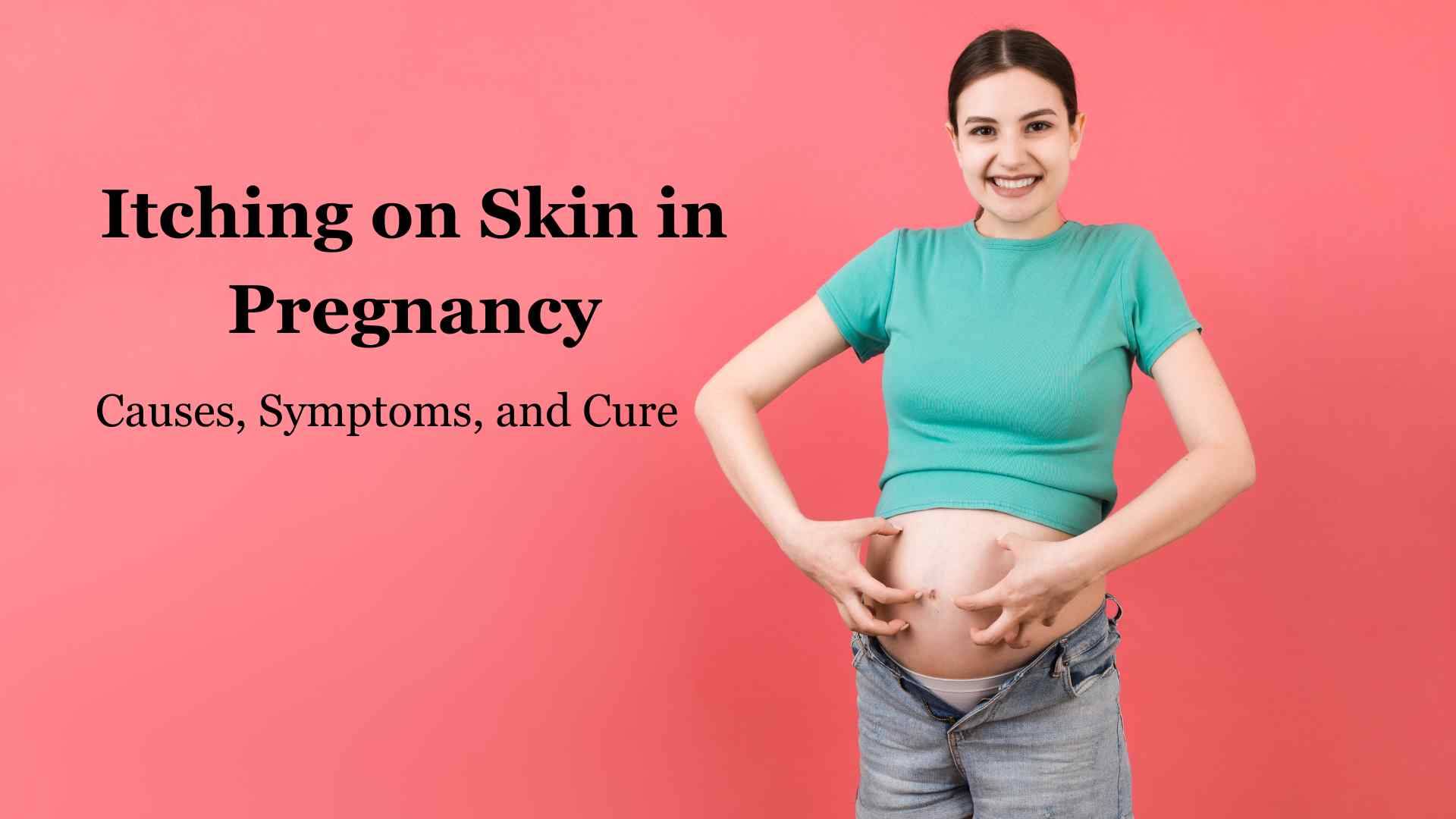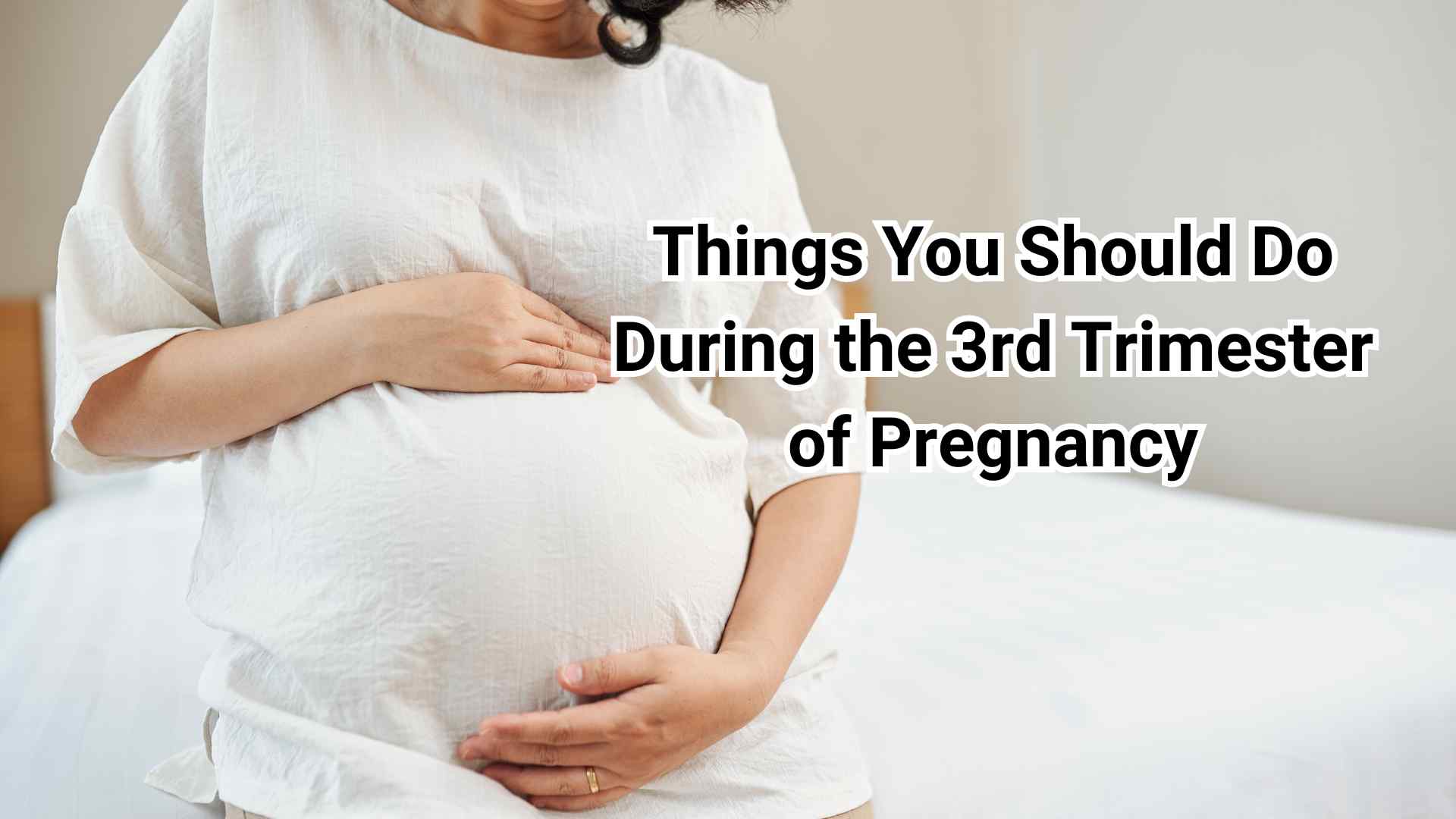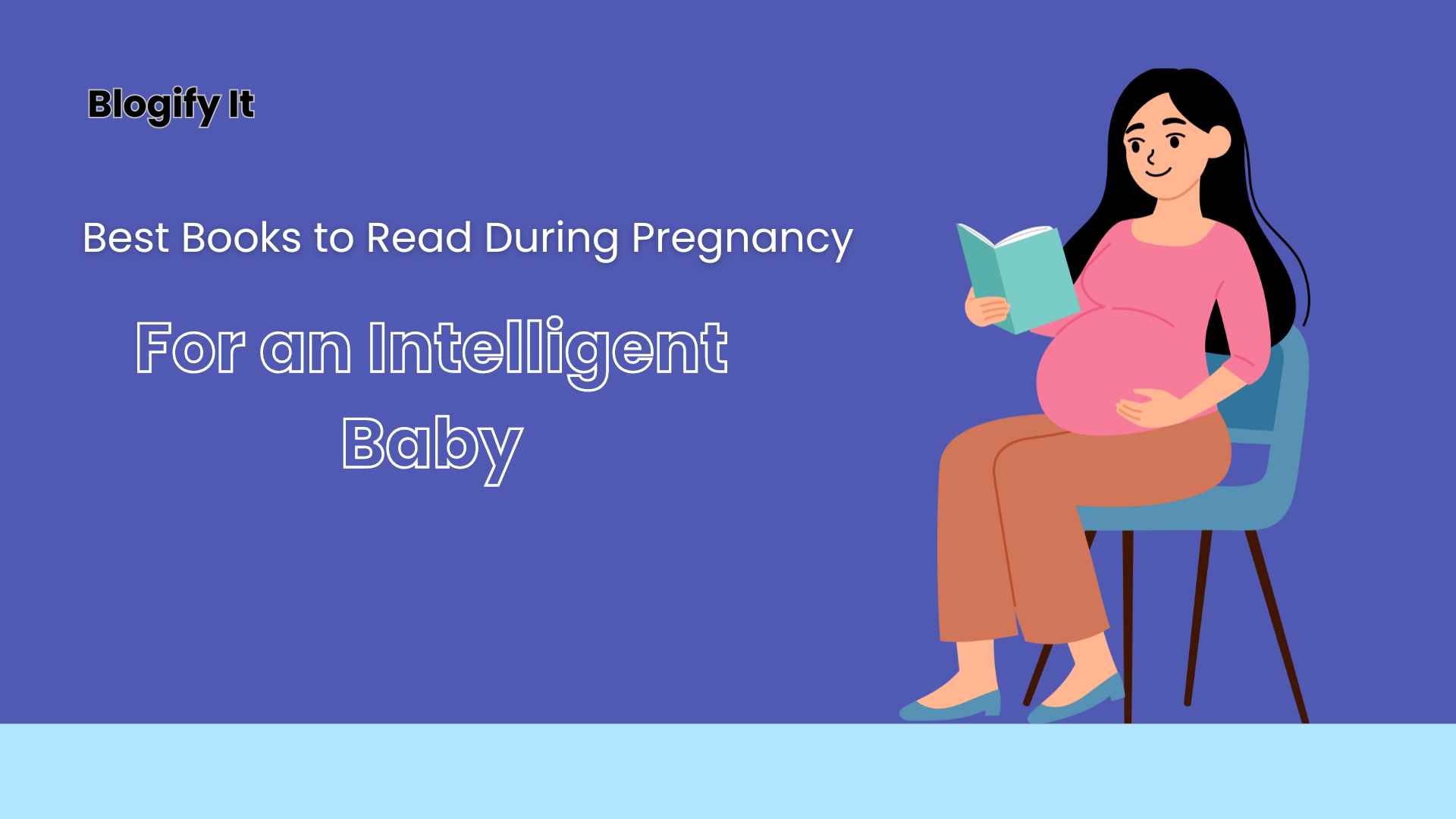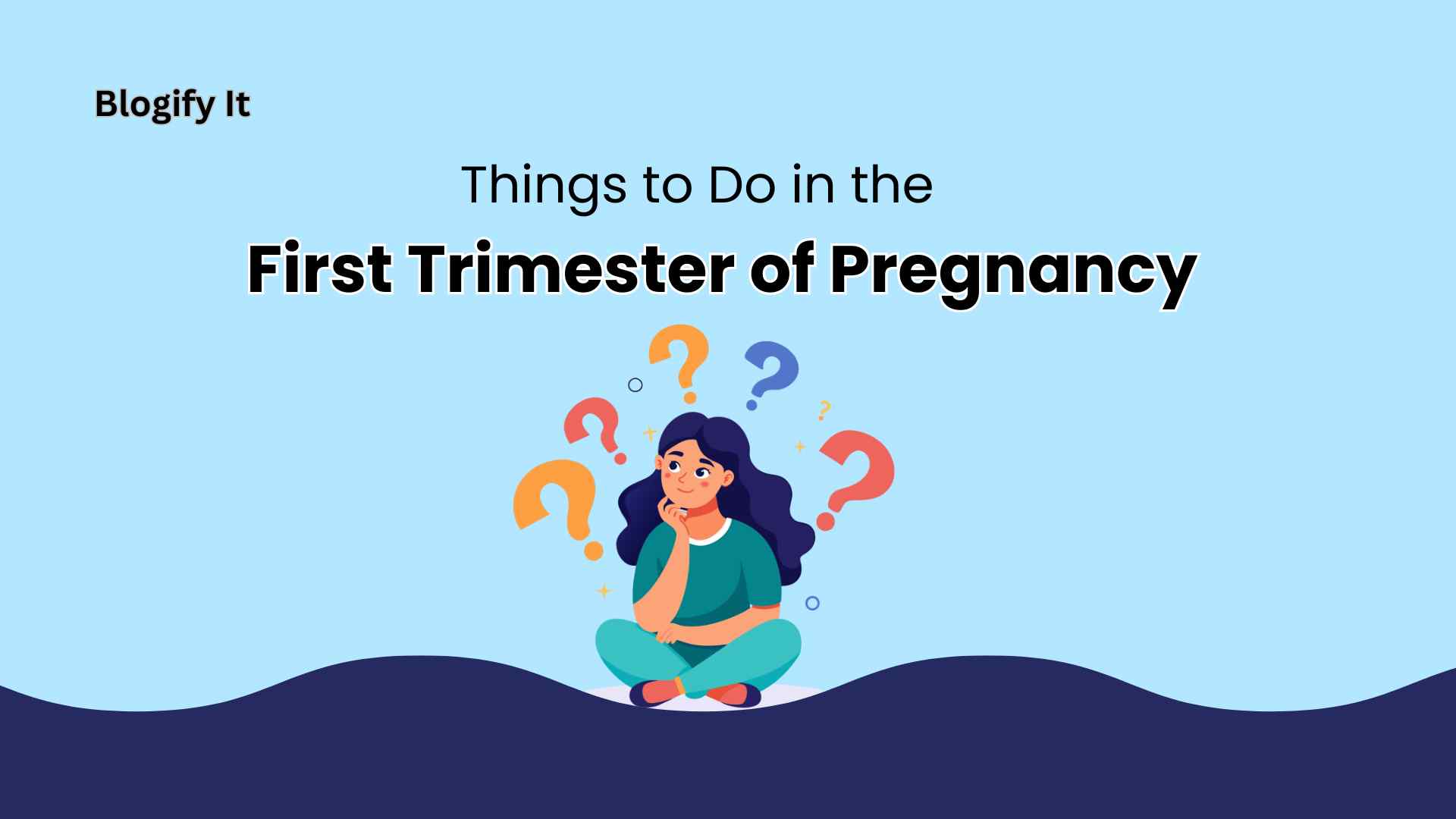Itching on Skin in Pregnancy: Causes, Symptoms, and Cure
Summary: This blog will discuss the common issue of itching on skin in pregnancy. We will know the common causes like allergic reaction, skin stretching, and more. In the final segment, we will discover how you can cure it by using several tactics like moisturising, taking bath from lukewarm water, etc.
Is itching on skin in pregnancy really an issue? Well, it depends on the severity and underlying cause. When I was pregnant, I used to get itchy on my belly and breasts. However, it wasn’t that severe. But one day, I got itchy on my feet, and it was unbearable.
It used to get severe at night, and I couldn’t sleep because of it. I thought something was wrong. So, my doctor suggested some tests; to my surprise, they all were normal. Considering this issue, I decided to do some research on it. Today, in this blog, I’ll share my findings with you all. So, let’s get started.
Some Common Facts About Itchy Skin During Pregnancy
There are several possible causes for itchy skin during pregnancy, including:
1. Over 90% of Pregnant Women Experience It
More than 90% of expectant mothers notice changes in their skin during pregnancy, with itching (pruritus) being a commonly reported symptom.
2. Get Worsen at Night
The itching can get really bad at night and make it hard for you to sleep. It mostly happens in the last three months or 3rd trimester of pregnancy but can start earlier, too.
3. It Can Appear Anywhere
While the belly and breasts are common itchy zones, pregnancy-related pruritus can affect the skin all over the body – the legs, arms, back, you name it. Some women feel itchiness on their palms and the soles of their feet.
4. It May Come and Go
The itch may not be constant. Some days or weeks, you’ll feel completely unbothered, and then it’ll flare up again with a vengeance. Pinpointing your specific triggers can help minimize flare-ups.
5. Scratching Provides Temporary Relief
As maddening as it is, scratching that itch does bring momentary relief – but then it often just makes you itchier once the scratching stops. It can become a vicious cycle.
What Causes Itching On Skin in Pregnancy?
Here are some possible causes of itching on the skin during pregnancy:
1. Stretching Skin
As your belly expands to make room for your growing baby, the skin gets pulled tighter. This causes the stretching fibers of the skin to become irritated and inflamed, which can trigger intense itchiness.
The itchiness is often worse around the belly button and on the abdomen, as this area endures the most stretching. Additionally, all that skin stretching increases hormone levels like estrogen, making the skin drier, more sensitive, and more prone to eczema flare-ups that cause itchiness.
2. Cholestasis of Pregnancy
This liver disease disrupts the normal flow of bile, causing bile acids to build up in the bloodstream instead of adequately flowing into the intestines. The excess bile acids get deposited in the skin, which triggers relentless whole-body itching that is often worse on the palms and soles.
The itchiness can be so severe it disrupts sleep and concentration. Cholestasis also causes fatigue and loss of appetite and can lead to premature delivery, so it requires close monitoring.
3. Eczema and Other Skin Woes
Pregnancy is a perfect storm for aggravating existing skin conditions or triggering the onset of new ones. The elevated estrogen levels can cause eczema, dermatitis, and psoriasis to flare with red, scaly, oozing patches that itch intensely.
Even pregnant women with previously perfect skin can develop seborrheic dermatitis, causing itchy, greasy scales on the scalp and skin folds. Melasma (patchy skin discoloration) is another common pregnancy skin woe.
4. Allergic Reactions
Women’s immune systems are altered during pregnancy, making them more prone to developing new allergies or sensitivities to foods, products, materials, etc. These allergies can manifest as itchy rashes, hives, or eczema flare-ups.
Something as simple as a new laundry detergent or fragrance can be enough to trigger them. The slightest skin irritation can feel maddeningly itchy when pregnant.
5. Increased Blood Flow
To support the growing baby, blood volume increases by 30-50% during pregnancy, resulting in more warmth and flushing of the skin. This excess heat and friction from the increased circulation can absolutely contribute to pruritus and uncomfortable prickling sensations all over the body.
6. PUPPP (Pruritic Urticarial Papules and Plaques of Pregnancy)
This bizarre pregnancy dermatosis causes clusters of itchy, red hive-like rashes or plaques to erupt on the stretched abdomen, often sparing the innermost part of the belly. While the rash may spread to the extremities or buttocks, it typically remains most intense on the belly.
PUPPP strikes in the third trimester and can be extremely uncomfortable, with severe nights of unrelenting itchiness. The cause is unknown but is more common in first pregnancies and multiple gestations.
7. Prurigo of Pregnancy
This rare but maddening condition causes severely itchy bumps or nodules called prurigo to form, usually clustered on the arms, legs, and buttocks. The itchiness is described as unbearable and can lead to intense scratching, skin lesions, and insomnia.
Like PUPPP, prurigo occurs in the late stages of pregnancy, but the itchiness may persist for a few months after delivery. The cause is unclear but may be related to stretching of connective tissue and increased inflammation.
What Are the Symptoms of Itching on Skin in Pregnancy?
The main symptom of itching on the skin during pregnancy is persistent, uncomfortable itchiness or prickling sensations in various body areas. Some specific symptoms and characteristics include:
- Intense itching or pruritus, often described as intolerable or unbearable
- Itchiness that interferes with sleep, concentration, and daily activities
- Dry, irritated skin that feels rough or scaly when scratched
- Reddened, inflamed skin from excessive scratching
- Development of rashes, hives, bumps, or skin lesions in itchy areas
- Itchiness that comes and goes or varies in intensity
- Whole-body itchiness in some cases, like cholestasis
- Localized itching on areas like the abdomen, breasts, legs, or arms
It’s crucial to note that the location, pattern, and intensity of the itching can vary depending on the underlying cause. Some women report the itching is worse at night like I did. It used to irritate me a lot before I went to sleep.
The itchiness may start mild but progressively worsen as the pregnancy advances into later trimesters. Severe, generalized itching not relieved by typical treatments can indicate a more serious condition that requires medical evaluation.
In some cases, excessive scratching and skin trauma from the intense itch-scratch cycle can lead to further symptoms like skin infections, hyperpigmentation, or scarring.
How Can You Stop Itching During Pregnancy?
Well, it’s always advisable to consult your doctor if you experience excessive itching during pregnancy. However, I know how uncomfortable and frustrating it can be to deal with constant itching. Here are some home remedies that may help alleviate the itchiness:
- Moisturize frequently: Use fragrance-free, hypoallergenic moisturizing creams or lotions to soothe dry, itchy skin. Apply after bathing while the skin is still damp.
- Take lukewarm baths: To relieve itchiness, add colloidal oatmeal or baking soda to your bath water. Avoid hot water, which can dry out the skin.
- Use gentle skin products: To prevent irritation, switch to mild, unscented soaps, laundry detergents, and personal care items.
- Apply cool compresses: Dampen a soft cloth with cool water and apply to itchy areas for 10-15 minutes for relief.
- Wear loose cotton clothing: Tight, restrictive clothes can worsen itching from stretched skin. Breathable fabrics help minimize irritation.
- Try over-the-counter remedies: Calamine lotion, menthol creams, or hydrocortisone creams may provide itch relief when used sparingly.
- Consult your doctor for medications: For severe cases, your doctor may recommend antihistamines, corticosteroid creams, or other pregnancy-safe treatments.
When Should I be Worried About Itchy Skin in Pregnancy?
You should definitely be worried if that pregnancy itch gets seriously out of control. For example, if basic moisturizers and oatmeal baths aren’t cutting it anymore. Also, if you’re dealing with intense, can’t-sleep-at-night levels of full-body itchiness, it’s time to loop in your doctor.
Severe itching could potentially be a sign of something more concerning, like cholestasis or obstetric cholestasis. It’s when bile builds up and makes you crave-itch-mode 24/7.
The same goes if your itching is accompanied by other symptoms like nausea, stomach pain, darkening urine, or your skin looks a little yellow or jaundiced. That combo could indicate a liver issue.
You’ll also get sudden, severe rash or hives if you have an allergic reaction that’s making your skin freak out.
And if that itchiness is so unbearable that you’re scratching yourself raw and losing sleep every night, put down the scratchers and get some medical help before it worsens. An itch that insane just ain’t normal!
Final Thoughts
That’s all for today. I hope this blog has provided a better understanding of the causes, symptoms, and cure for itching on skin during pregnancy. Always consult your healthcare provider if you experience any discomfort or concerning symptoms. All the best for a happy and healthy pregnancy journey!




